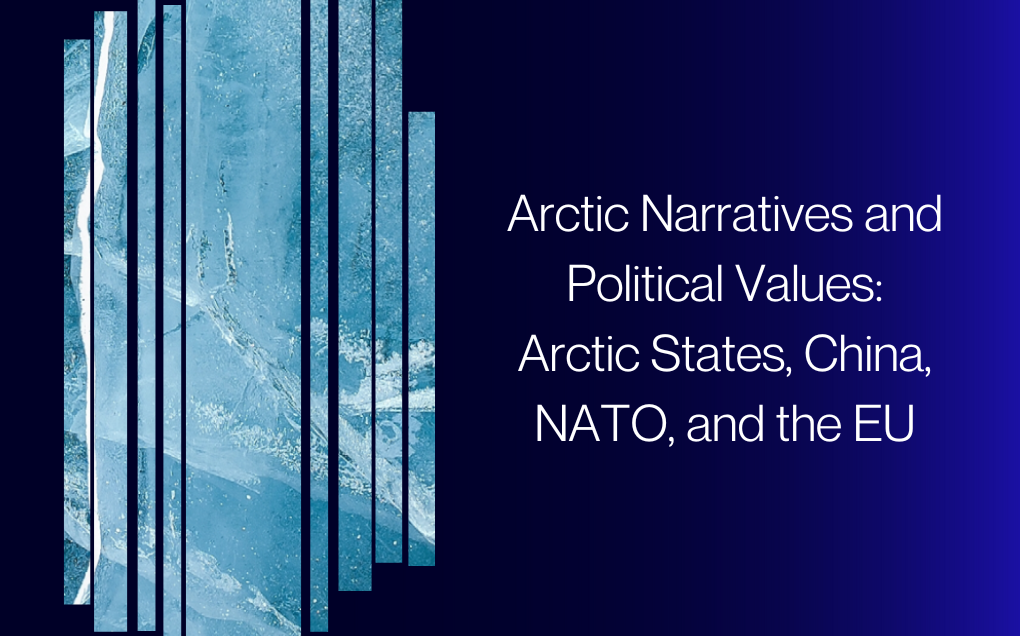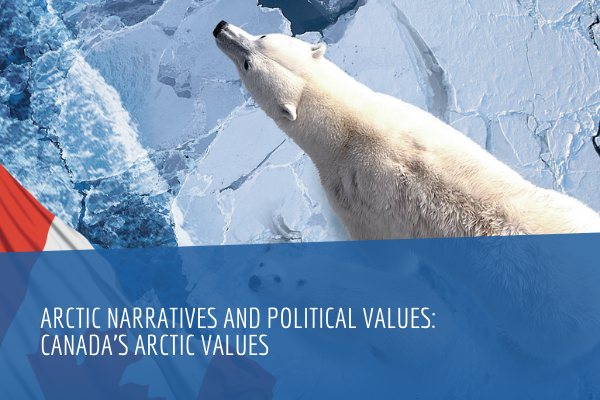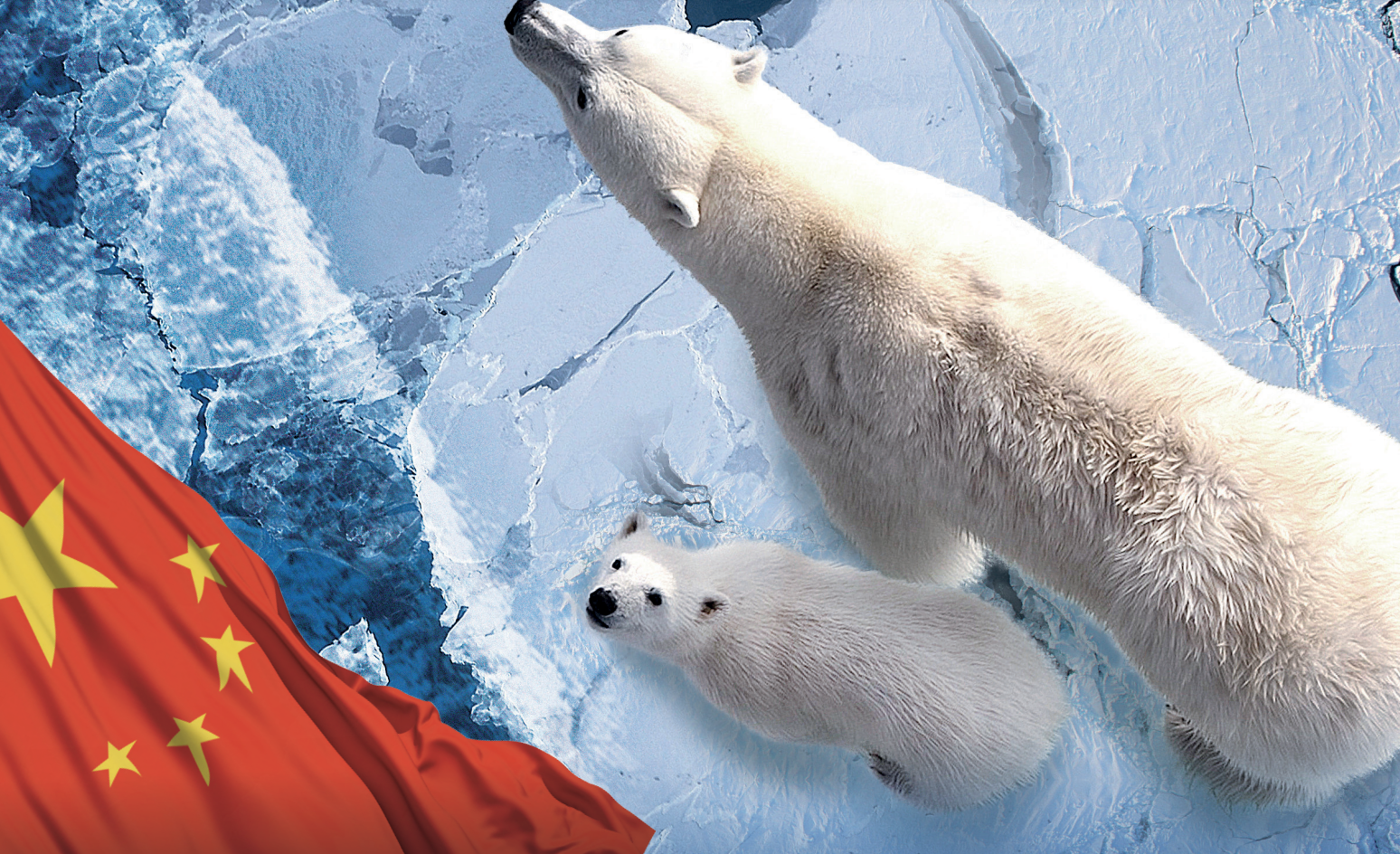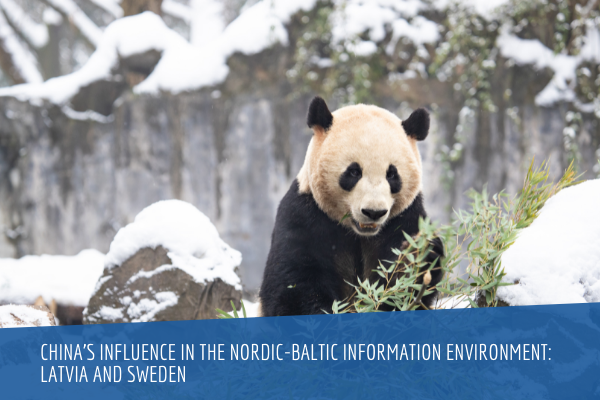This study was commissioned by the NATO StratCom Centre of Excellence to advance the Centre's ongoing analysis of the official narratives and related political values of eleven actors with high relevance in the Arctic, including the eight members of the Arctic Council, two international organizations NATO and the EU, as well as China. We adopt the narrative-focused research framework employed in the previous report on Arctic Narratives and Political Values in the Arctic States, China, and NATO, which we carry forward from mid- 2019 to late 2022.
Our approach and methodology focus on discourse analysis of official external and internal messaging by the aforementioned states, NATO and the European Union. This includes analysis of policy statements, political speeches by senior state officials, press releases, and state media outlets. Our project team has language competency in English, Russian, Chinese, Norwegian, and French, and we have leveraged our network of European experts to ensure appropriate coverage of sources in other relevant languages.
We discern political values using official statements on the Arctic, news media coverage (including coverage by state media), and academic literature. The latter source is important to glean other experts’ insights, as well as a source of insight into ‘legitimising’ narratives produced by academics when they interpret and project official communications (particularly in Russia and China).
For each of the eight Arctic states, China, NATO, and the EU, we have followed the structure of previous NATO StratCom COE Arctic studies to produce analytical narratives on each actor’s self-perception of its status and role, how it conceptualises regional governance and security, and its core regional priorities or preoccupations (e.g., Indigenous Peoples, relations with other Arctic states, economic development, and climate change mitigation or adaptation).
At the end of this report, we identify key findings, highlight change and continuity in strategic messaging since the last report, and offer specific lessons for strategic communications, including proposed coordinated messaging that NATO might share with its member states to protect and advance the interests of the Alliance and its partners.




